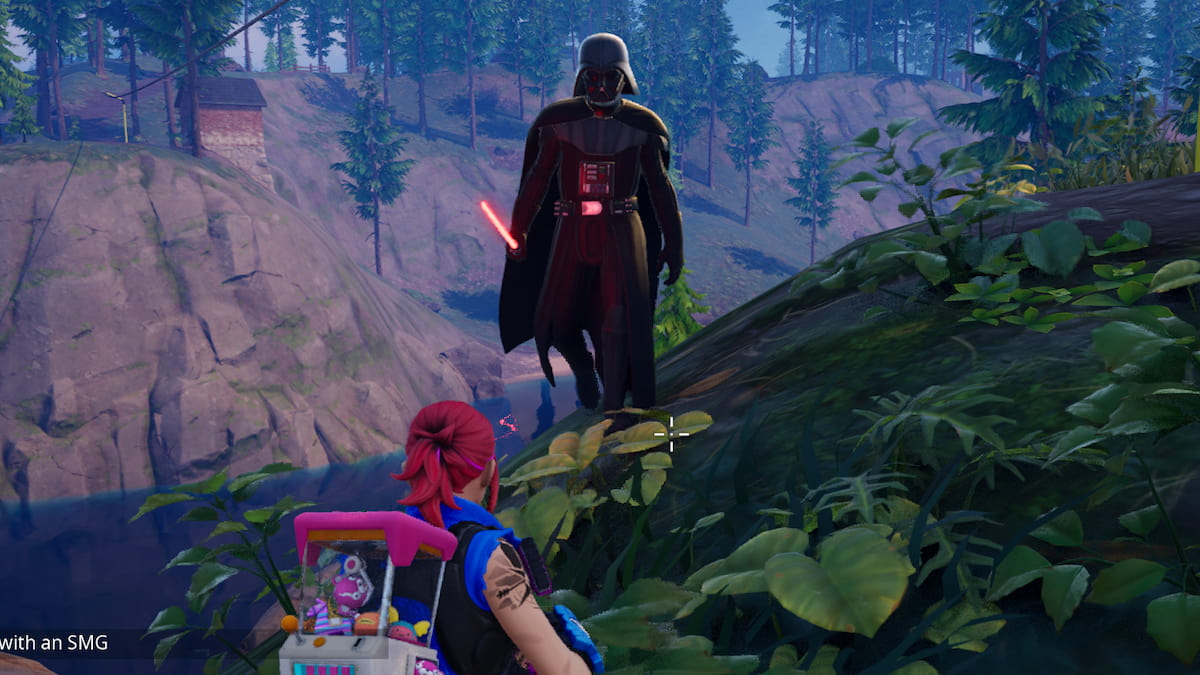The fact that Monster Hunter Wilds is coming out on PC day and date with all the other platforms is excellent news, but there’s a hefty caveat in place. Capcom published the full and fairly detailed list of system requirements, and they spell bad news for owners of regular, non-superpowered PCs.
More specifically, everything points to Wilds being effectively a repeat of what’s gone down with Capcom’s previous RE Engine open-world RPG, Dragon’s Dogma 2. On day one, Dragon’s Dogma 2 was an infamously poor performer. Capcom did end up pushing out some performance updates not too long ago, but players had to resort to some… questionable actions to get it to behave. According to the official Monster Hunter Wilds PC hardware requirements, we’re in for something similar with it, too.

It’s either frame-gen or 30 FPS for us regular mortals in Monster Hunter: Wilds
First things first, here are the recommended PC specifications taken verbatim from Steam, as of September 25:
- OS: Windows®10 (64-bit Required)
- Processor: Intel® Core™ i5-11600K or Intel® Core™ i5-12400 or AMD Ryzen™ 5 3600X or AMD Ryzen™ 5 5500
- Memory: 16 GB RAM
- Graphics: NVIDIA® GeForce® RTX 2070 Super(VRAM 8GB) or NVIDIA® GeForce® RTX 4060(VRAM 8GB) or AMD Radeon™ RX 6700XT(VRAM 12GB)
- DirectX: Version 12
- Network: Broadband Internet connection
- Additional Notes: SSD required. This game is expected to run at 1080p / 60 fps (with Frame Generation enabled) under the “Medium” graphics setting. DirectStorage supported.
Note the ‘Additional Notes’ bit at the end, in particular. Your RTX 4060 is only going to be able to pull a very humble 1080p/60 at “Medium” settings, but the real kicker is the fact that it won’t even get a native 60 FPS to begin with. Instead, the game will have to rely on frame generation to reach even 60 FPS.
For those who may be unfamiliar with how frame generation works in general, the problem with this performance goal is that the technology doesn’t really work all that well at lower frame rates. It is generally recommended for both Nvidia and AMD’s frame generation technologies to be turned on with a stable baseline of 60 FPS. Anything below that delivers seriously subpar results with excessive rendering anomalies and reduced input latency. I don’t know about you, but I’m not sure I want shoddy latency in a Monster Hunter game.
There’s no way for Capcom to pull a miracle and get sub-60 FPS frame generation to work well in Monster Hunter Wilds, so it’s almost guaranteed that the game will be a poor performer across the board. To say nothing of the fact that even the 4060 can’t get a native 60 FPS at 1080P.
So, we’re in for a hell of a ride. If Dragon’s Dogma 2 is anything to go by (and it likely is), Monster Hunter Wilds is going to suffer from being heavily CPU-bottlenecked, and there might be no easy fix for that. Stay tuned for performance reviews, I guess!














Published: Sep 25, 2024 3:37 PM UTC